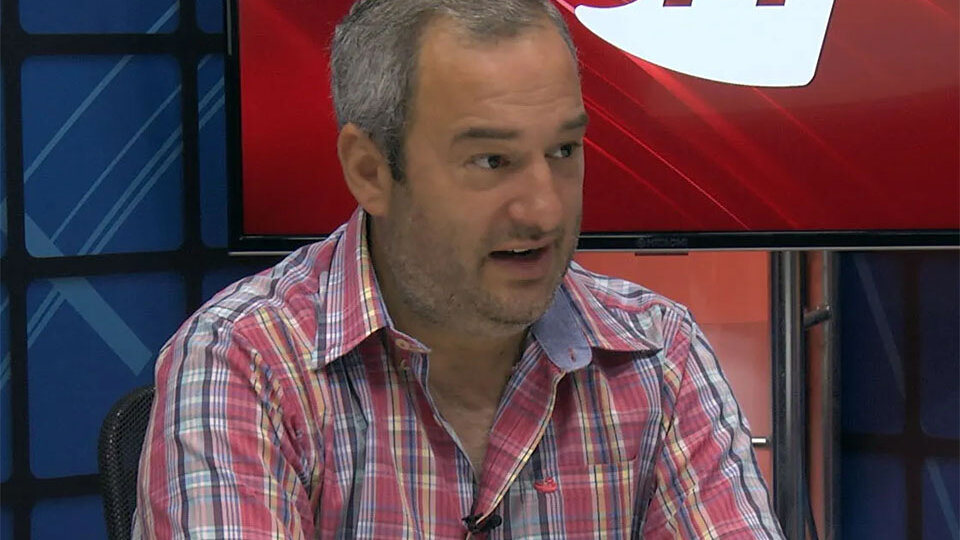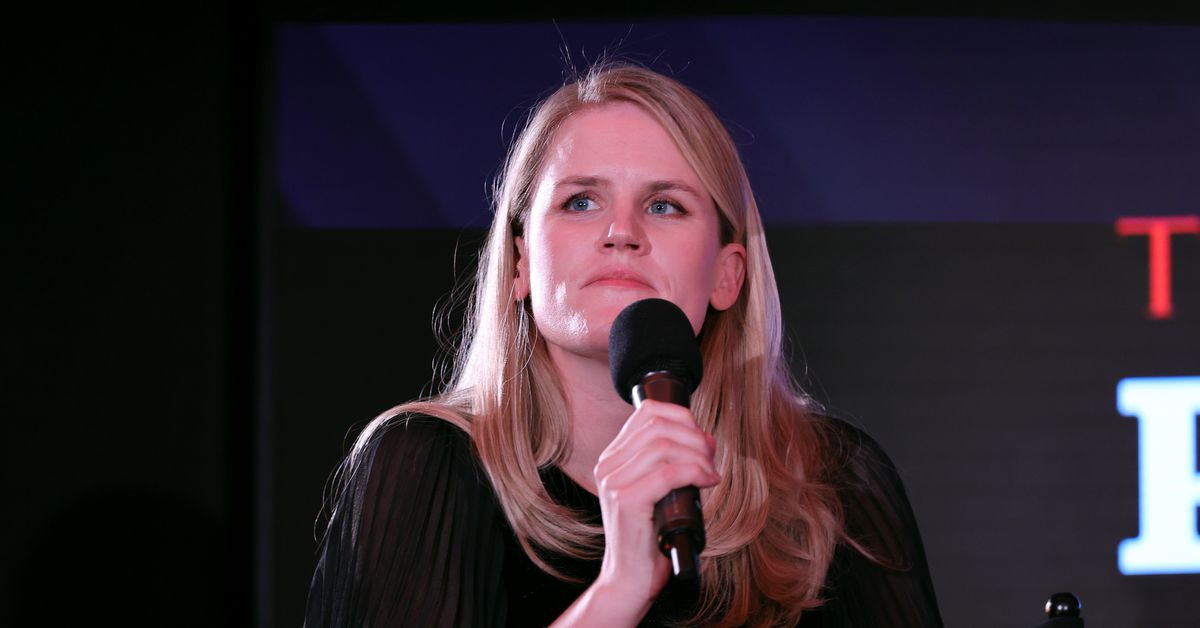In an unprecedented event, the Supreme Court of Justice of the Nation convened a public hearing on April 27 and 28 to debate the decriminalization of cannabis cultivation for medicinal purposes. The instance was set from the appeal presented by the organization Madres Cannabis Medicinal Santa Fe (Macame), after the Federal Chamber of Rosario rejected the protection they requested not to go to jail for cultivating the plant with which they prepare the oil to treat pathologies of their children. While the implementation of the Cannabis Program Registry (Reprocann) progresses slowly, they continue to raid and persecute mother growers. The legal representative of Macame, Domingo Rondina, maintained that the Court chooses this cause -of the five that arrived- because it is presented by an organization and the effect is going to be collective. “The second thing is that we are going for the decriminalization of cultivation for medicinal purposes, we are giving the substantive debate because our argument is very solid,” Rondina told Rosario/12to later add: “It is a case of Santa Fe that is going to establish jurisprudence on this issue.”
The National Court receives about 80,000 cases per year, of which it dictates about 20,000 sentences, and chooses between four and five per year to hold public hearings because it considers them very important and it is necessary for citizens to give their opinion, know and participate. . They began in 2007 and so far 37 have been carried out. “We presented the case in 2018, a federal judge from Santa Fe rejected it, saying that we had to wait for a laboratory product to arrive. We appealed to the Chamber of Rosario, which said that we wait for the pharmaceutical industry to develop a product, so we appealed the extraordinary federal appeal to the Supreme Court,” Rondina recalled.
In the hearings scheduled for April 27 and 28, the friends of the court (amicus curiae) will present first. Organizations and individuals who want to speak at the hearing have until March 17 to register. “We have to invite the entire community to present themselves, we are going to spread a form, and then the Court chooses five people to present themselves,” explained the lawyer.
The Federal Attorney before the Court and the General Defender of the Nation, Stella Martínez, who made an opinion supporting the cause, will participate in the hearings. The mothers will be legally represented, in addition to Rondina by Guillermina Fregona and Mariano Bär. “There will also be the national state, which opposed us both in the Macri and Fernández governments. And the province of Santa Fe will also be there, because in the case I asked that the provincial government be summoned. Lifschitz said that they couldn’t help in any way, and when it came before the Federal Chamber, the Perotti government did the same,” Rondina questioned.
“The province cannot leave the mothers of Santa Fe alone who have such serious children and are scared all day because the police raid them, bribe them. Mothers who live in a situation of permanent gender violence, it is statistically proven that they are victims of raids more ferocious than when they are male users. It is a case in Santa Fe that is going to establish jurisprudence on this issue and we need a commitment from public authorities,” he added.
The same Court in the Bustos ruling last October stated that it will no longer analyze the scientific-medical question on this subject, therefore it is not necessary to present more technical studies. He also indicated that the UN removed medical cannabis from the list of narcotic drugs at the request of the WHO. “There is a lack of legal empathy. In the testimonials, one of the mothers said that her son had almost no contact with reality, he had 400 seizures in one day due to refractory epilepsy. They gave him 14 pills that kept him asleep all day, and discovered that by giving him a drop a day, the baby was awake, looked at the cartoons, a resounding change in their lives,” Rondina described.
“Slowly but gradually, the social view of medical cannabis has changed after scientific evidence, and the summons of the Court is a historical fact,” said Henn, who accompanied Macame when they started the claim and is currently the Provincial Ombudsman. . “This tool must be rescued from the hearings, it is a very interesting process,” said the former lieutenant governor.
Laura Acosta, a reference for Macame, said that there is a clear interest in addressing this problem, and the Court’s call for a hearing was excellent news for all the mothers who will have the opportunity to tell their experiences. “Now we have to defend ourselves because how our situation continues will depend on this instance. For us it is important that those who have the power to decide listen to us, and the power to defend ourselves, to take care of the health of our children. It generates a lot of expectations because we don’t we can continue with the fear and uncertainty that we can be raided or robbed,” Acosta said.
–


